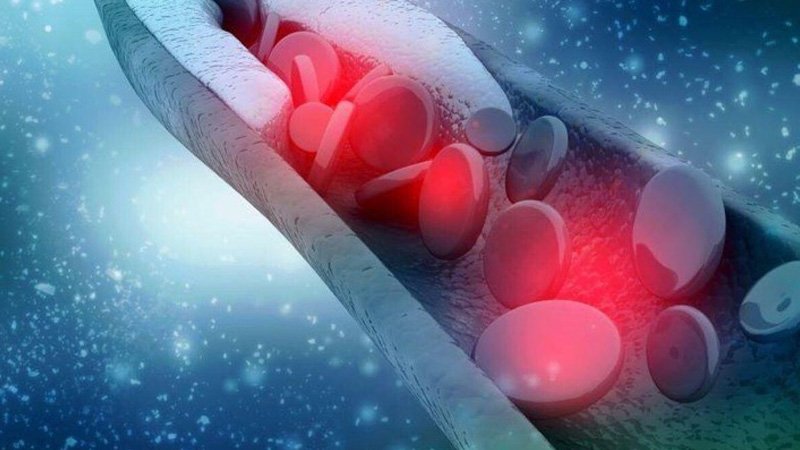A 14-year study of testicular cancer survivors indicates that the chemotherapy drug cisplatin significantly increases patients’ long-term risk of hearing loss.
Cisplatin has been a cornerstone of cancer chemotherapy for decades, used to treat a variety of cancers, including bladder, lung, neck, and testicular tumors. as reported by U.S News.
Dr. Robert Frisina, co-author of the study and chair of the department of medical engineering at the University of South Florida (USF), emphasized the importance of this finding. “This research gives oncologists the information they need to explore alternative treatment plans that could reduce the long-term side effects,” he said in a USF news release. Adjustments could include “altering the dosages and timing of the cisplatin in the treatment when that could be an appropriate option,” Frisina explained.
The findings were recently published in the journal JAMA Oncology.
Led by Dr. Victoria Sanchez, an associate professor of otolaryngology-head & neck surgery at USF, the study tracked the health of 100 men treated for and surviving testicular cancer over an average of 14 years. The researchers found that 78% of the men who received cisplatin-based chemotherapy experienced some degree of hearing loss by the end of the follow-up period, which caused “significant difficulties in everyday listening situations, negatively impacting their quality of life,” according to the USF news release.
The severity of hearing loss increased with higher doses of cisplatin and was particularly pronounced in patients with additional risk factors like high blood pressure and heart disease.
Sanchez’s team explained that cisplatin is administered intravenously and spreads throughout the body. The ears, however, may struggle to filter out cisplatin, allowing it to accumulate and cause damage. The drug may trigger inflammation and the destruction of sensory cells essential for hearing, leading to long-lasting hearing loss. report from ecancer.
The study supports the need for regular hearing tests for cancer patients. “Most patients still do not get their hearing tested prior to, during, or after chemotherapy,” Sanchez noted. “Our study highlights the need for regular auditory evaluations to manage and mitigate long-term hearing damage.”
Further follow-up of the men in the study is planned. Dr. Lois Travis, senior author and professor of cancer research at Indiana University School of Medicine, stressed the importance of continued monitoring. “It will be critically important to follow these patients for life. Their current median age is only 48 years, and eventually, they will enter the years at which age-related hearing loss also begins to develop.”




